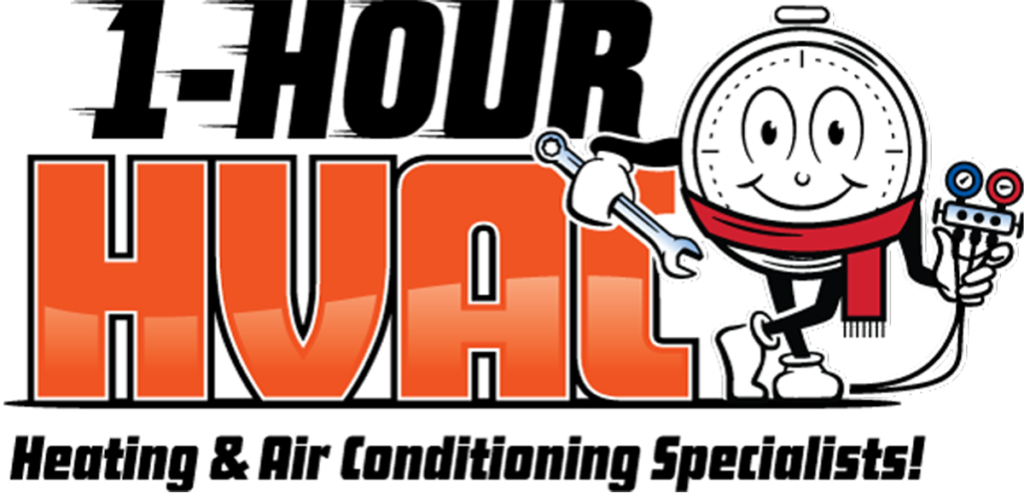Mold is more than just a nuisance; it poses serious risks to both property and health. From structural damage to respiratory issues, mold can have significant consequences if left unchecked. That’s why professional mold remediation services are essential for safeguarding your home and loved ones against the dangers of mold growth. In this comprehensive blog post, we’ll delve into the importance of expert mold remediation, the process involved, and why timely intervention is crucial.
Understanding the Dangers of Mold: Mold is a type of fungus that thrives in moist, humid environments. It can grow rapidly in areas with poor ventilation, water leaks, or high humidity levels. Here are some of the dangers associated with mold growth:
- Health Risks: Exposure to mold can trigger a range of health problems, including allergic reactions, asthma attacks, respiratory infections, and other respiratory issues. Certain types of mold, such as black mold (Stachybotrys chartarum), produce mycotoxins that can be harmful to human health, especially for individuals with compromised immune systems or pre-existing respiratory conditions.
- Structural Damage: Mold growth can compromise the structural integrity of buildings and infrastructure by weakening wood, drywall, and other building materials. Mold feeds on organic matter, causing deterioration and decay over time. In severe cases, unchecked mold growth can lead to costly repairs and structural failures, jeopardizing the safety and stability of your home.
- Property Damage: Mold can cause damage to personal belongings, furniture, upholstery, and household items. Mold spores can spread quickly and contaminate porous materials, such as fabrics and upholstery, making them difficult to salvage. Additionally, mold stains and odors can be persistent and challenging to remove, diminishing the value and appeal of your property.
The Importance of Expert Mold Remediation Services: Expert mold remediation services are essential for effectively addressing mold infestations and mitigating the associated risks. Here’s why professional intervention is crucial:
- Comprehensive Assessment: Professional mold remediation begins with a thorough assessment of the affected areas to identify the extent of mold growth, moisture sources, and underlying conditions conducive to mold growth. Trained technicians use specialized equipment, such as moisture meters, thermal imaging cameras, and air quality monitors, to assess the situation accurately.
- Safe and Effective Remediation: Mold remediation professionals have the knowledge, experience, and equipment to safely and effectively remove mold from affected areas. They follow industry best practices and guidelines established by organizations such as the Environmental Protection Agency (EPA) to ensure safe handling and disposal of mold-contaminated materials. Professional remediation techniques may include containment, air filtration, removal of contaminated materials, and application of antimicrobial treatments to prevent mold regrowth.
- Preventing Cross-Contamination: Professional mold remediation services focus on preventing cross-contamination and limiting the spread of mold spores to unaffected areas of the home. Technicians use containment barriers, negative air pressure systems, and HEPA filtration to contain mold spores and prevent them from spreading during the remediation process. This helps minimize the risk of secondary mold growth and ensures thorough remediation of affected areas.
- Addressing Underlying Moisture Issues: Effective mold remediation involves identifying and addressing underlying moisture issues that contribute to mold growth. Mold thrives in damp, humid environments, so it’s essential to identify and repair sources of water intrusion, leaks, or moisture buildup to prevent future mold problems. Professional remediation services include moisture control strategies and recommendations to mitigate moisture-related issues and prevent mold recurrence.
- Restoration and Repair: Once mold remediation is complete, professional technicians can assist with restoration and repair of damaged areas, including replacing drywall, flooring, insulation, and other materials affected by mold growth. Restoration services help restore your home to its pre-mold condition and minimize the impact of mold damage on property value and livability.
Conclusion: Mold remediation is a critical process for protecting your home and loved ones from the dangers of mold growth. Professional mold remediation services offer comprehensive assessment, safe and effective remediation, prevention of cross-contamination, addressing underlying moisture issues, and restoration and repair of damaged areas. By entrusting the remediation process to experienced professionals, you can ensure thorough removal of mold, mitigate health risks, prevent property damage, and restore a safe and healthy indoor environment for you and your family to enjoy.




